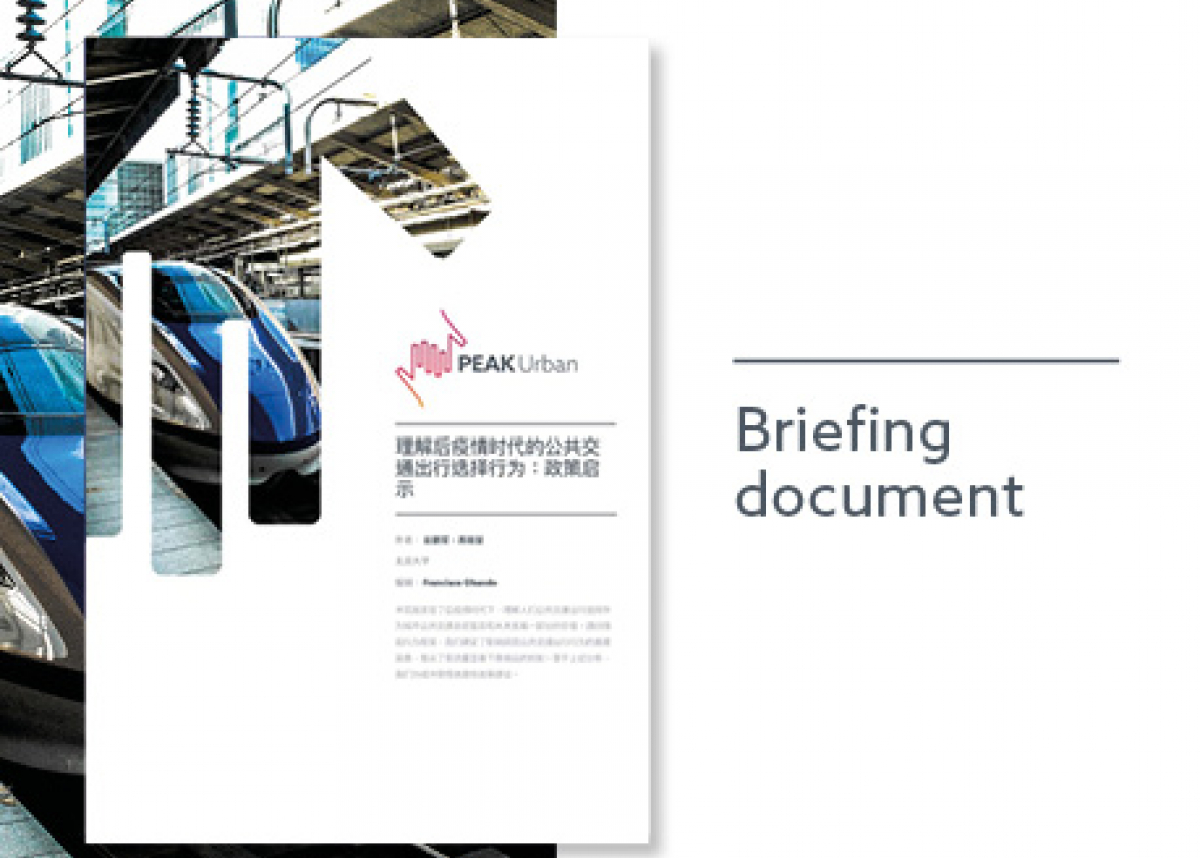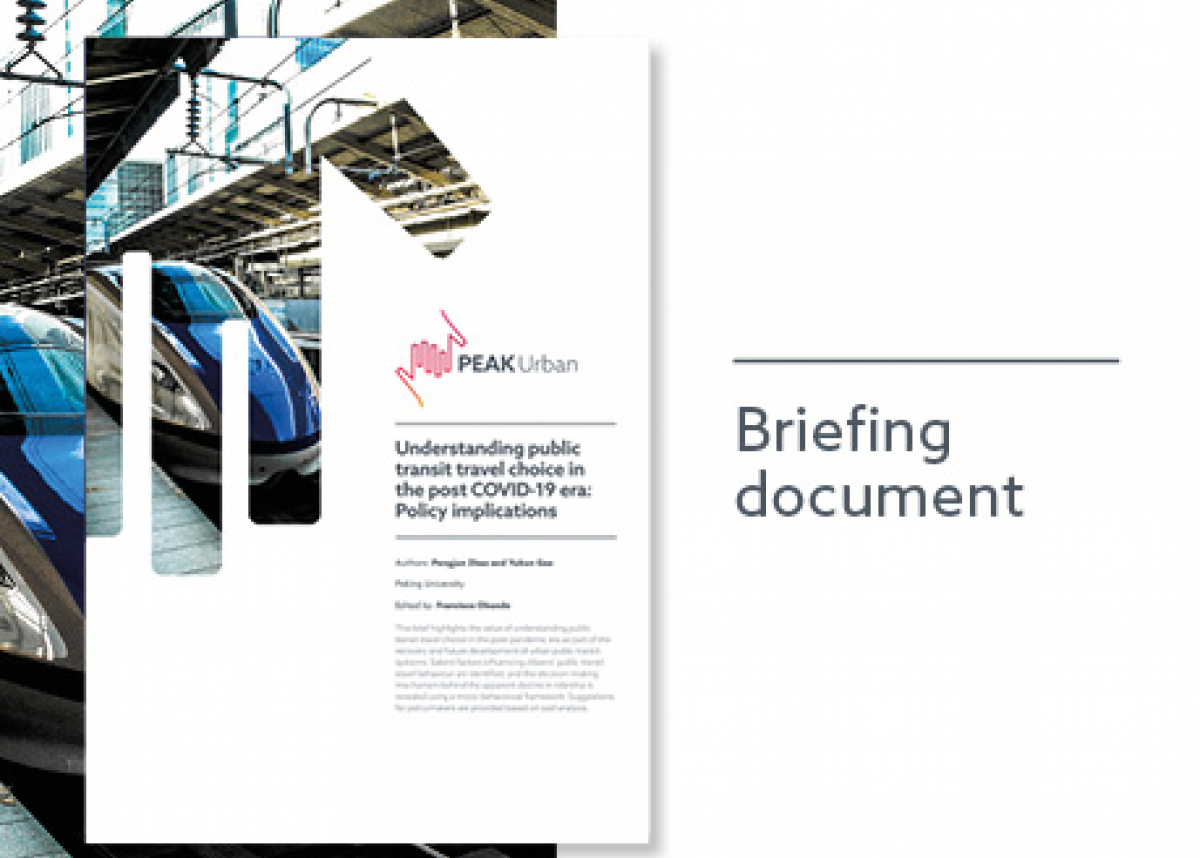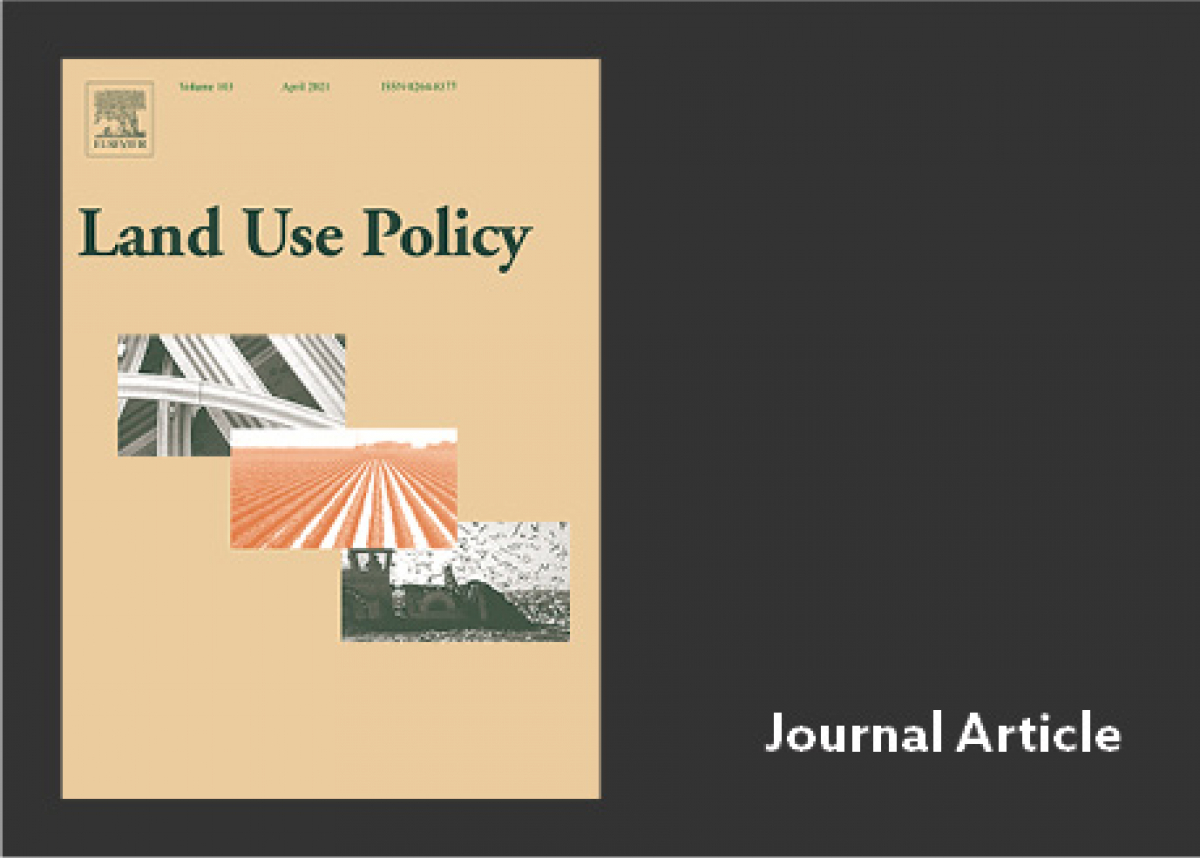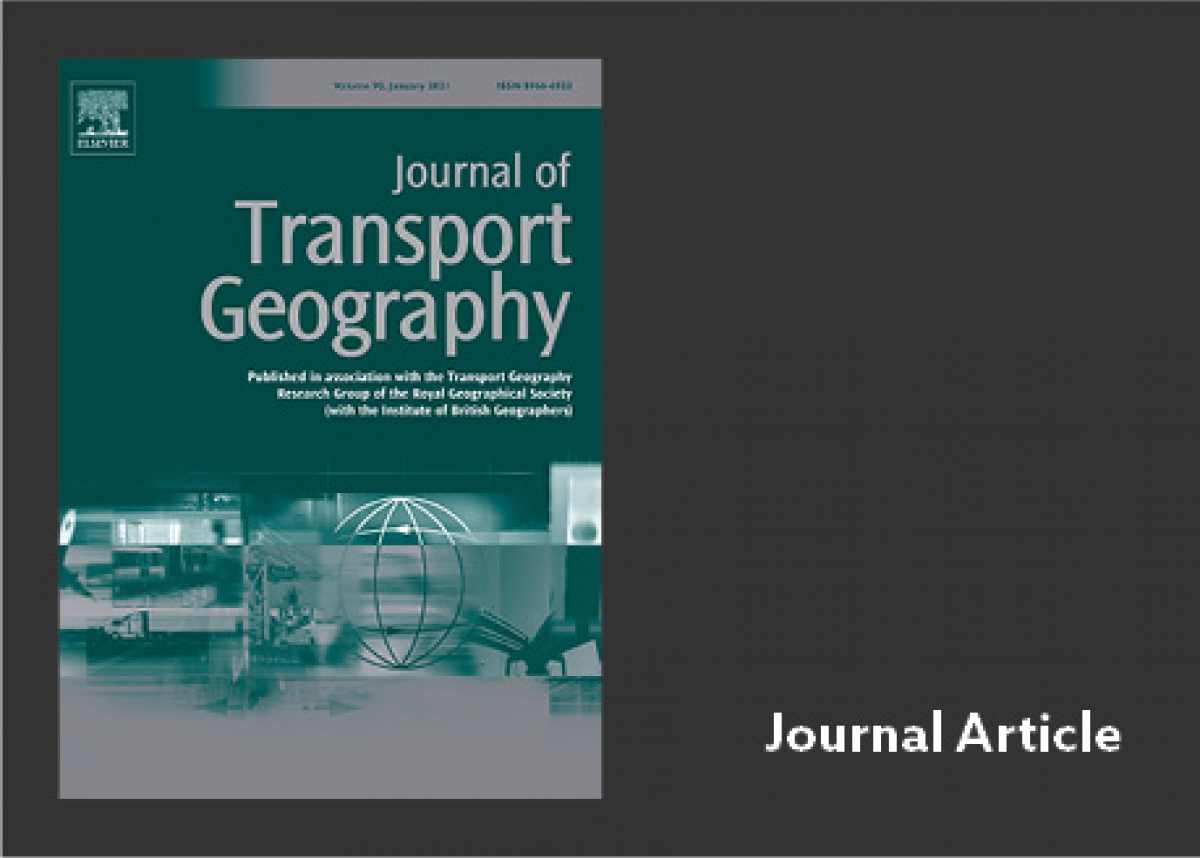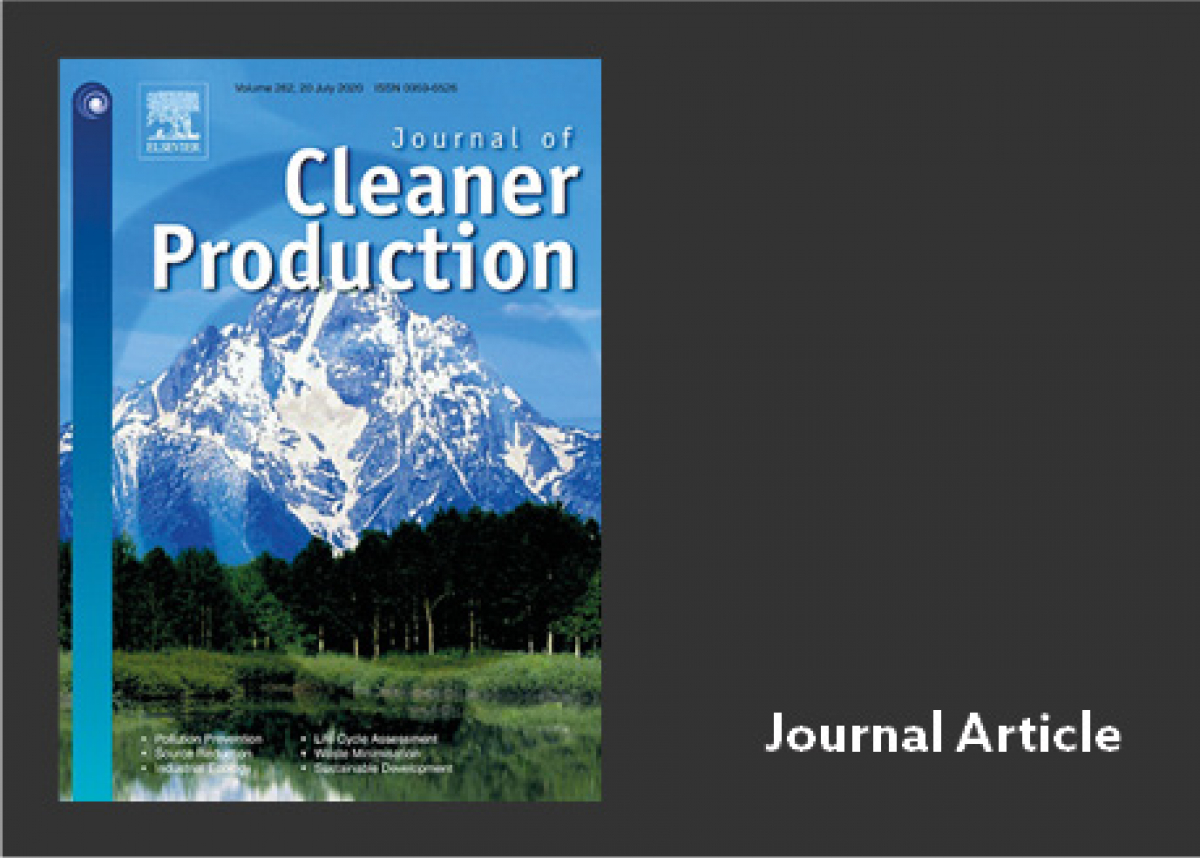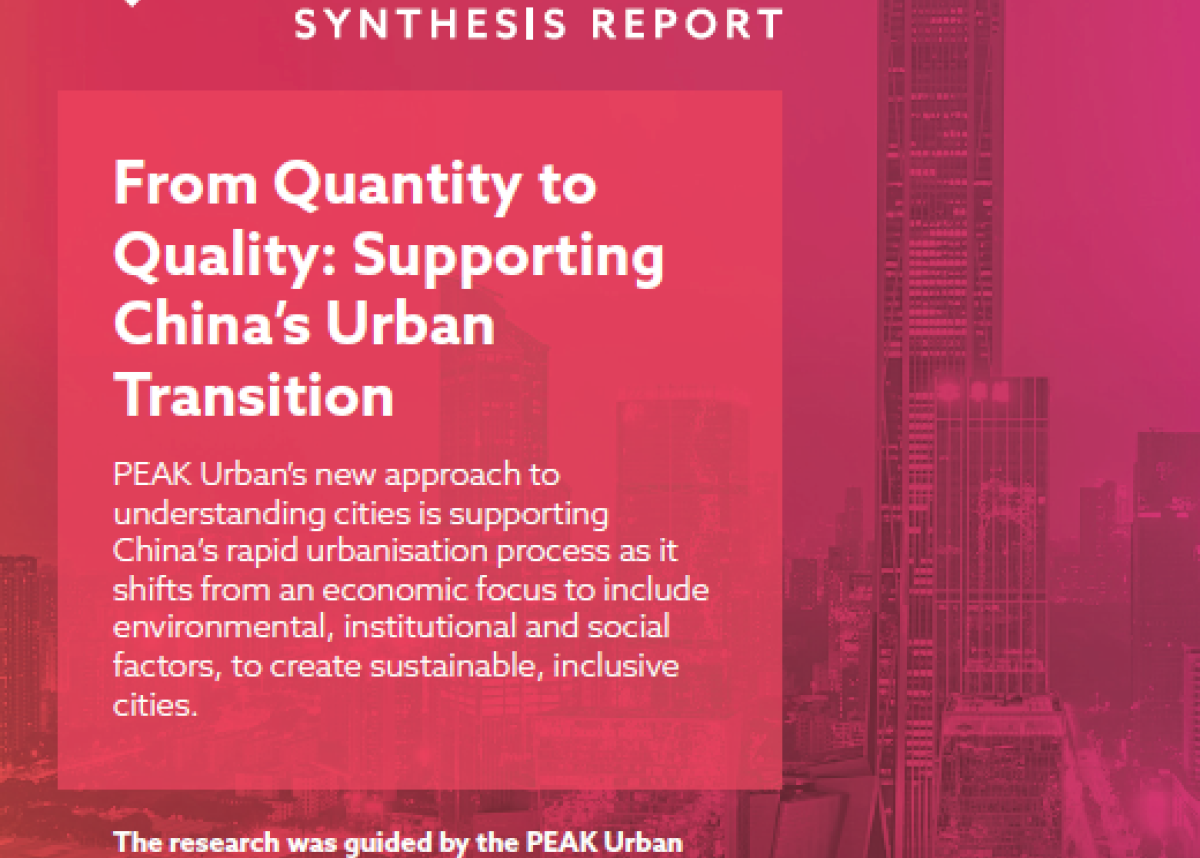
Rethinking the determinants of VKT in an auto-dependent city: transport policies, socioeconomic factors & the built environment
Past decades have seen a ‘peak car’ phenomenon which is indicated by a decline in vehicle kilometers traveled (VKT) in many countries.
Although the determinants of VKT have been widely discussed, the theoretical arguments remain unresolved, particularly on the role of transport policies, socioeconomic factors and the built environment. This paper aims to contribute to new evidence for these arguments by examining an auto-dependent city, Wellington, New Zealand. A new bottom-up approach is applied to examine the VKT per capita in terms of its four decomposed main elements: trips (T), travel mode (V), travel distance (K), and car ownership (C) based on micro-level regressions.
The results of the analysis show VKT per capita is significantly affected by parking supply, public transport quality and the built environment. These effects vary between trip type and population groups. Changing lifestyles are now major factors in the decrease of VKT.
